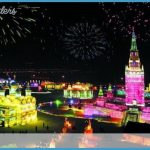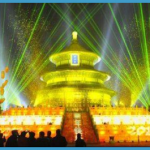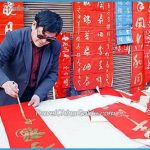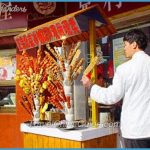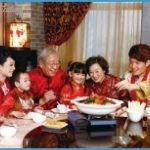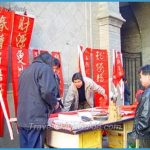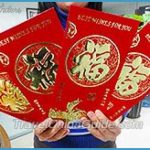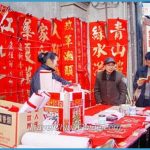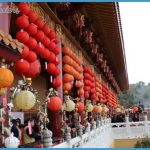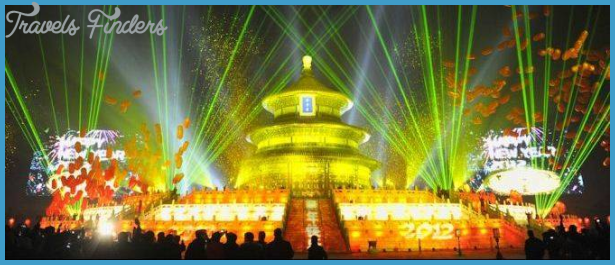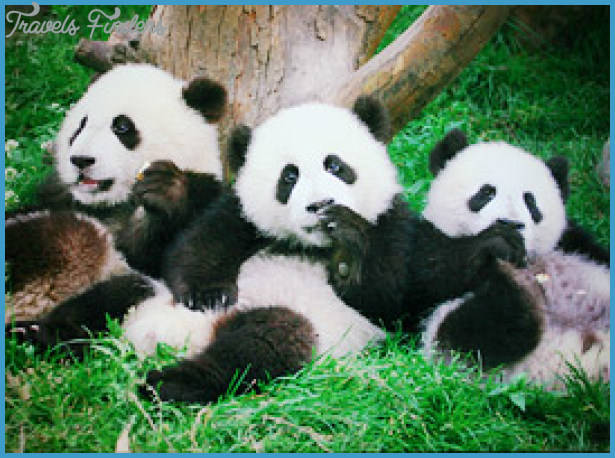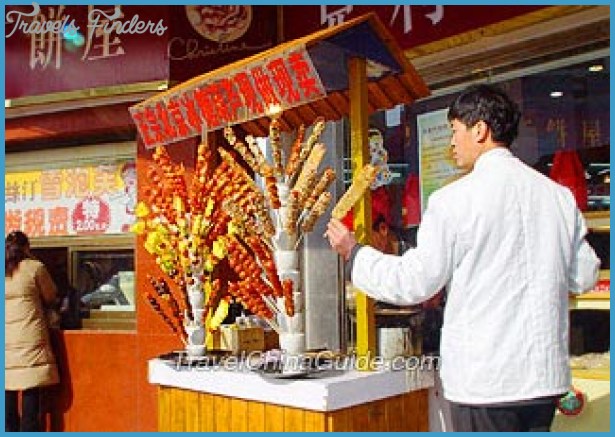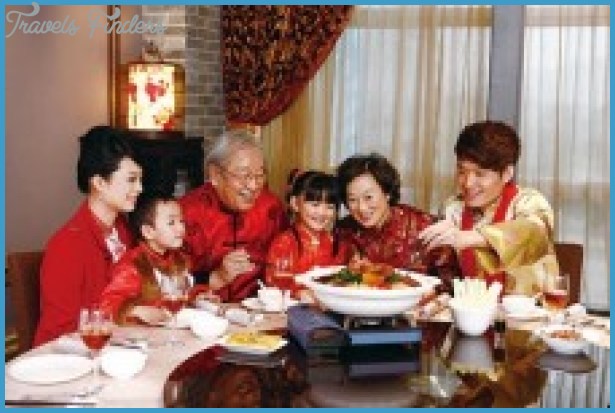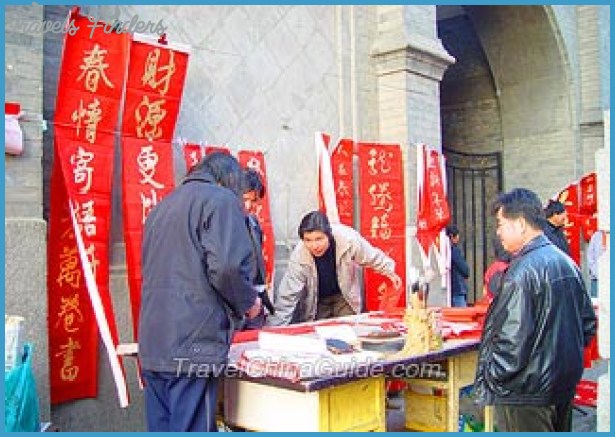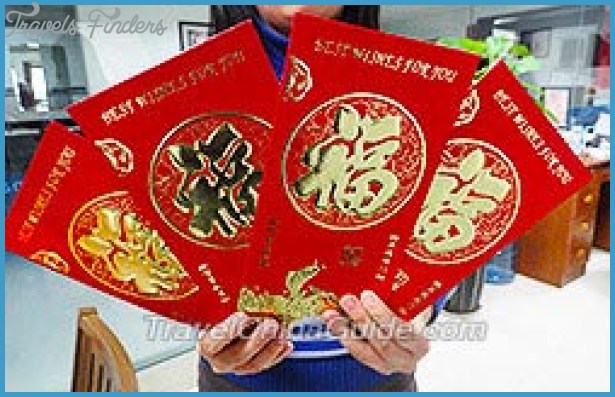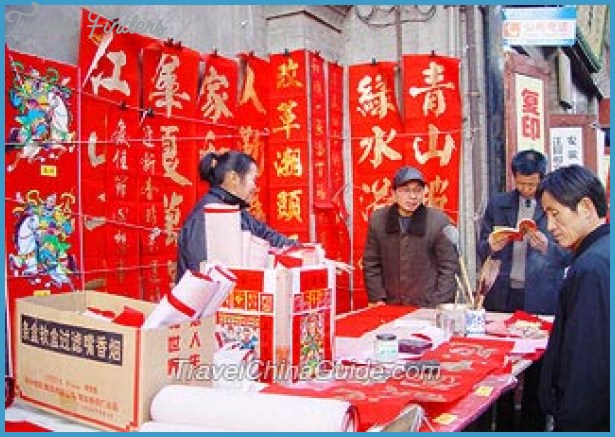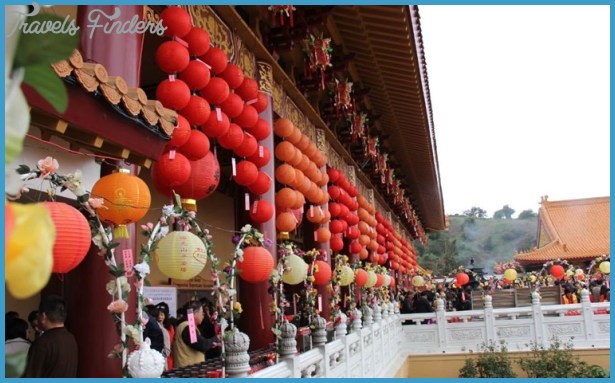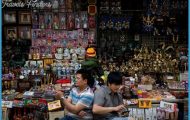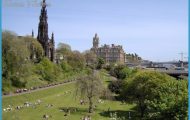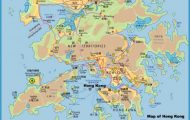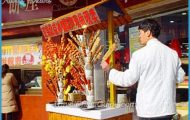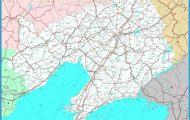The following famous people listed in alphabetical order were all connected with China, whether they were born, lived, worked or died there.
Chiang Kai-shek (Jiang Jieshi) was born into a merchant’s family in southern China. He embarked on a military career and spent several years training in Japan. When the First Republic was proclaimed in 1911 he joined the Kuomintang, the party founded by the architect of the revolution Sun Yat-sen. In 1923 he was promoted to Chief of Staff of this militant democratic movement and later to leader of the Military Academy at Whampoa, where Zhou Enlai worked as a political commissar. On the death of Sun Yat-sen in 1925 Chiang Kai-shek – a close partner to whom he was in fact related as both had married daughters of the Soong family – was appointed as his successor. When he succeeded in ousting the Warlords he proclaimed a republic again in 1927, but he quickly turned away from the ideas and policies of Sun and broke off the alliance with the Communists. After his election to president he formed close links with the landowners and middle-class financiers and sought to brutally suppress the Communists. The latter, who had founded an autonomous republic in Jiangxi, were forced to retreat and prepareforthe legendary Long March. It became apparent that Chiang Kai-shek and the Kuomintang were unable to win support from the people when the Japanese invaded Manchuria and installed a puppet administration under Puyi, the last emperor of the Qing Dynasty. Chiang sidestepped pressure from the people and democratic forces to organise resistance to the Japanese until he was finally arrested by some of his own generals (The Xi’an Incident) and forced to make a decision. Mao and Zhou Enlai intervened to save his life and he eventually agreed to join forces with the Communists against the Japanese. At the end of the long struggle against the Japanese (1937-45) Chiang’s conflict with Mao’s forces resumed. However he was forced to forego American assistance on mainland China and flee to Taiwan where their offer of help was willingly accepted. He founded the Republic of China (Nationalist China) as opposed to the People’s Republic of China and he ruled the island as president until his death in 1975, bequeathing power to his son Chiang Ching-kuo.
Very few details of the life of Confucius – his name was latinised from Kong Zi by Jesuits-can be established from “Analects” a collection of his writings and discussions which he conducted with his pupils. Confucius was a native of Shandong province where he spent a large part of his life as an official in the service of the state. The latter part of his life was spent roaming the country with a group of followers disseminating his views among the people.
At that point after the fall of the Western and Eastern Zhou Dynasty China was split into several states and was experiencing a time of large-scale economic, social and political changes, known as the Warring Kingdoms period. Confucius collected and studied classical scripts, which thanks to his work later became the basis of Chinese thinking. He linked the ancient concepts to a new kind of teaching which raised moral principles to an absolute yardstick against which human and social behaviour should be measured. Confucian philosophy which applies both to individuals and to rulers chiefly examines interpersonal relations; it views society as a large, hierarchically classified family and prescribes values and rituals, such as ancestor worship, love of parents, respect, kindness and integrity, which should apply in
Famous People both public and private life. Although Confucius was not a preacher or an evangelist and his philosophies clearly concerned this life, temples were built in his honour all over China and the man and his teachings were greatly revered.
At the end of the 1920s Deng Xiaoping returned to China after stays in Deng Xiaoping France and the Soviet Union and went underground in Shanghai (b. 1902) adopting the name Xiaoping meaning little peace. He had studied in France, worked in a shoe factory and then worked with Zhou Enlai to develop the foreign section of the Chinese Communist Party. He completed his communist training in the Soviet Union. He took part in the Long March and when the People’s Republic was founded in 1949 he soon emerged as one of the leading members of the party and government. In 1952 he was appointed as deputy prime minister and in 1954 became party secretary. He occupied this post until the beginning of the Cultural Revolution when with Prime Minister Liu Shaoqi he was accused of leading a capitalist counter-revolution and was stripped of his powers. He was, however, rehabilitated back into the party in 1973 with the help of his old friend from student days Zhou Enlai, whose more moderate political line was closer to Deng’s pragmatism. He once again became deputy prime minister. In January 1976 Zhou Enlai died and Deng took over the office of prime minister but with the unrest in April on Tiananmen Square he was forced to resign. Mao died later that year and the Gang of Four’s influence waned which enabled Deng’s fortunes to rise within both the party and the government. In 1978 he succeeded in ousting Hua Guofeng who had confirmed Deng in all his previous posts and became army chief of staff and party secretary. Deng is seen as a man without fear, not afraid to speak his mind, “It doesn’t matter whether the cat is black or white. Its job is to catch the mouse”, is one of Deng’s best known sayings. As a pragmatist he has sought to privatise parts of the economy to boost production, to open up the Chinese market to the West and to create administrative and political structures which prevent bureaucrats from impeding the work of managers. His reputation suffered badly when demonstrations in May and June of 1989 were brutally suppressed.
Travel China guide Chinese new year Photo Gallery
Since 1992 Deng’s reforming policies have gained ground and he is now the most powerful man in China.

